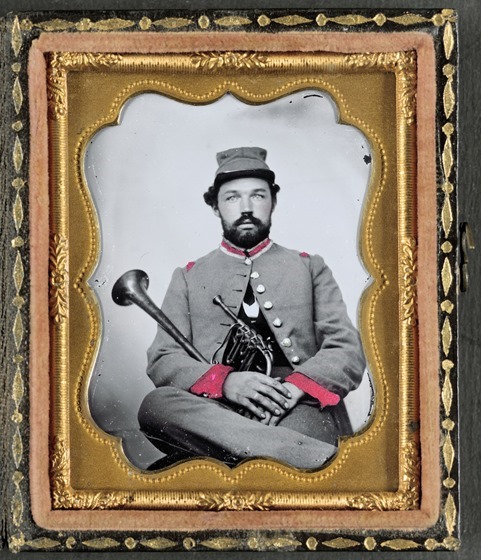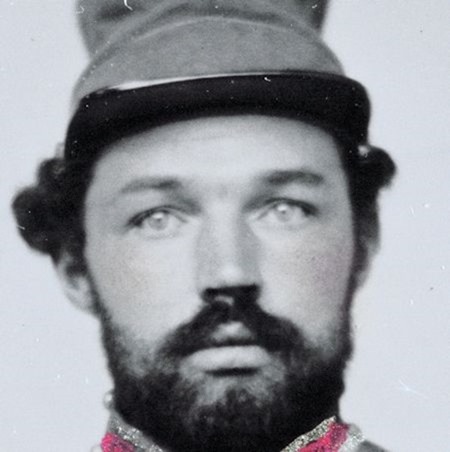December 16.—A very disagreeable day; it is cold, windy, and rainy. I have managed to get round the wards once; nearly all are doing well.
I have spent a good portion of the day with one of our patients, who died to-night at 9 o’clock. Miss W. and myself were with him when he breathed his last.
He was a young Texan, by the name of Thomas Watson, a member of the Fourth Texas Regiment—one of General Hood’s men—and came here with some members of his company, who were wounded, to nurse them. A few days ago he was taken with double pneumonia and sore throat. Dr. Wellford attended him, and did all that mortal could do, but in vain. It was God’s will he should go.
He was a handsome lad, in his eighteenth year, and was a general favorite. He often told Miss W. and myself about his mother, and how she had buckled on his armor, and told him to go and battle for his country.
When he was informed that all hope was over, he sent for me, and told me what he wished done. He wanted the money due him collected and sent to his mother. This I tried to have done, but there was no paymaster here, and we have been told that it will be impossible. He then asked me to write, and tell her he was dying happy, and hoped to meet her in heaven.
Toward night he became delirious, and raved about the battles in which he had participated. He spoke a good deal about some ladies in the place who had been very kind to him; and, more than any thing else, he raved about his mother— spoke to her as he had no doubt done when a child. Toward the last he grew calm, and recognized Miss W. and myself, who were standing by, and thanked us for past kindness. I wiped the clammy sweat from his forehead, and brushed back the brown curls clustering on it. He muttered a prayer, and while it was on his lips his spirit took its flight to God, who gave it. Mr. Moore has attended him closely since he was first taken. He and another chaplain, Mr. Daniel, were with him this evening.
After our return, Miss W. told me that she had experienced more real pleasure to-night than she had at all the places of amusement which she had ever attended. I observed the night as we came back, and I never saw such a sky in my life; it was dark in the extreme. Just such a one as Young must have gazed on when he said:
Darkness has divinity for me;
It strikes thought inward; it draws back the soul
To settle on herself.













